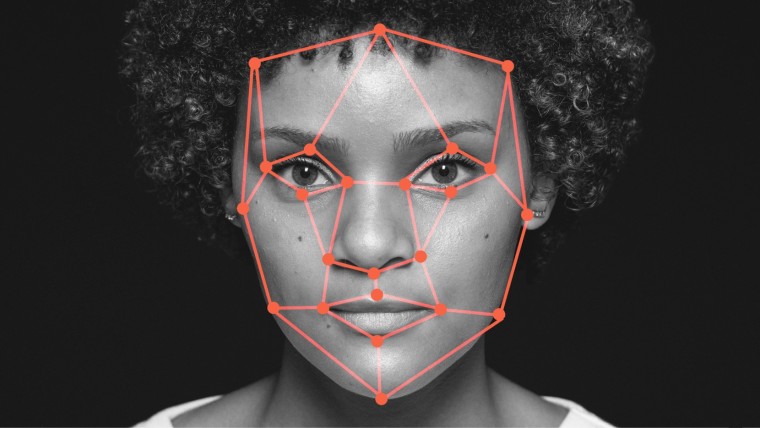
Portland in Oregon has become the first city to ban the use of facial recognition technology by both goverment agencies as well as private players in "places of public accommodation." Both the ordinances were passed unanimously by the legislators.
During the hearing of this landmark ban, Portland Mayor Ted Wheeler said:
"Portlanders should never be in fear of having their right of privacy be exploited by either their government or by a private institution."
The crackdown on the use of facial recognition technology in the States is not new, but so far it was limited to agencies answerable to the public. Boston, Oakland, and San Francisco are already on this list. But Portland took it a step further by prohibiting individuals and private organizations too.
Banks, convenience stores, doctor's offices, entertainment venues, hotels and Airbnb rentals, public transit stations, Uber and Lyft, and restaurants are places where the usage of the technology is now prohibited by the law. This also includes any place that provides publicly accessible facilities, goods or services, lodging, and transportation. Churches, private residences, and private clubs and institutions are exempted. Individuals, either working for the government or in the private sector, are allowed to use the technology to unlock their smart devices, and tag people or use face filters on social media websites. A penalty of up to $1,000 a day can be claimed if anyone is found violating the law.
Earlier this year, tech giants like Amazon, IBM, and Microsoft banned the police force from using their facial recognition technology citing bias and lack of strict regulations. Microsoft appears to be in favor of letting their tech be used, but want the authorities to regulate it strictly. In contrast, London's Met Police started using the tech in January this year, even though an earlier report claimed that innocent people are flagged 81% of the time.
The tech has definitely proven useful when Chinese authorities successfully nabbed a man in a crowd of 60,000. But the potential for misuse cannot be underestimated. Portland has preferred to take the side of citizens' privacy.
Source: Business Insider




















31 Comments - Add comment